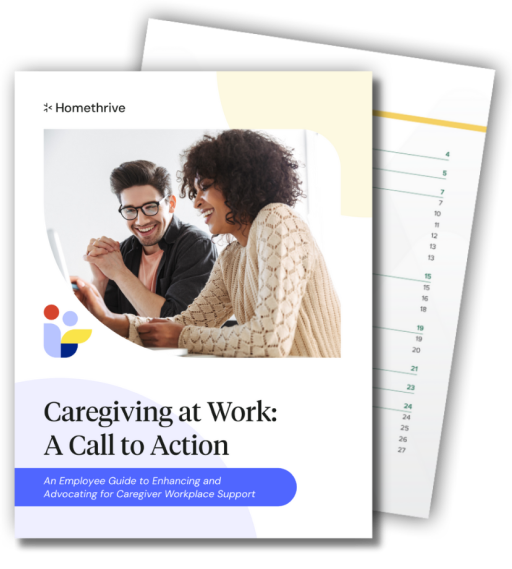Caregiving can mean different things to different people. According to the Rosalynn Carter Institute, 1 in 5 full-time workers is a caregiver, providing care on a regular basis for a loved one who is aging or has a serious illness, developmental disorder, or disability. This figure expands quite significantly when you factor in the number of employees who are also juggling childcare. In fact, according to the Harvard Business Review, a whopping 73% of all employees have some type of current caregiving responsibility.
Our definition of caregiving extends far beyond childcare. For the past decade or so, many employers have been mostly focused on providing support for parents. While the need to provide comprehensive, flexible, and affordable childcare is important, expanding support to other types of caregivers can be extremely beneficial for employers and employees alike, leading to positive outcomes, such as increased retention rates, employee engagement, and productivity.
However, this hyperfocus on parents, and parents alone, can leave other types of caregivers without critical support they need to thrive both at work and at home. In fact, many unpaid family caregivers cut back hours or quit altogether due to caregiving responsibilities.
Many of your employees who care for a loved one, whether for a child, a loved one with special needs, or an aging adult, may not even consider themselves as “caregivers.” They simply view the support they provide as a part of their duty as a parent, sibling, niece, nephew, grandchild, or child. If your employees don’t identify as caregivers themselves, it can be hard to provide the support they may need.
For example, your Director of Marketing who has been calling Medicare on her mother’s behalf may not consider that a caregiving task, but it is! Your IT Specialist may drive his father to a weekly doctor’s appointment, and not consider that caregiving, either. Your Operations Manager may spend hours each night helping their child with special needs with daily activities, but they just consider this parenting – not caregiving.
Although the intensity and time commitment associated with caregiving can vary greatly from employee to employee, caregiving tasks affect their mental health, productivity at work, and ultimately, the well-being of your company.
That’s why frequent and open communication about family caregiving in the workplace is key. It might take an employee ten times to hear about caregiver support before they recognize themselves as one, and another ten times before they’re ready to ask for the help they need. As we’re sure you’re acutely aware, benefits engagement is a marathon, not a sprint! But rest assured, once employees feel supported in their caregiving roles by your organization, they’re likely to be more loyal and engaged.
Enjoyed these insights? Share this blog post with your peers and learn how our experts can make an impact. Also, get weekly tips conveniently delivered to your inbox by subscribing to our newsletter.







